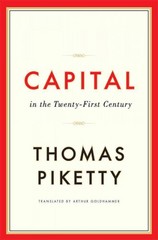Question
Which of the following is true? a. If there is an economic problem, the government will be able to solve it. b. A good outcome
- Which of the following is true?
- a. If there is an economic problem, the government will be able to solve it.
- b. A good outcome is guaranteed when a government program is created with good intentions.
- c. If a majority of voters favor a proposal, it will achieve positive results.
- d. Even if government programs are implemented with good intentions, they may lead to undesirable outcomes.
2.Which of the following is a reason why the political process sometimes results in inefficient or counter-productive outcomes?
a. The majority can be counted on to adopt productive policies even when they impose large costs on minorities.
b. Voters are generally well-informed about candidates and policies.
c. Politicians have a strong incentive to support policies favored by well-organized interest groups.
d. The political process makes it possible for each voter to have the policy they want, rather than a one-size-fits-all policy.
Which of the following statements about voting is true?
a. Voting is more important than voluntary exchange because voting is democratic.
b. Most voters are well informed about critical public issues.
c. The higher the voter turnout, the better the future performance of the economy.
d. The incentive of voters to be well informed on candidates and issues is weak.
Step by Step Solution
There are 3 Steps involved in it
Step: 1

Get Instant Access to Expert-Tailored Solutions
See step-by-step solutions with expert insights and AI powered tools for academic success
Step: 2

Step: 3

Ace Your Homework with AI
Get the answers you need in no time with our AI-driven, step-by-step assistance
Get Started


